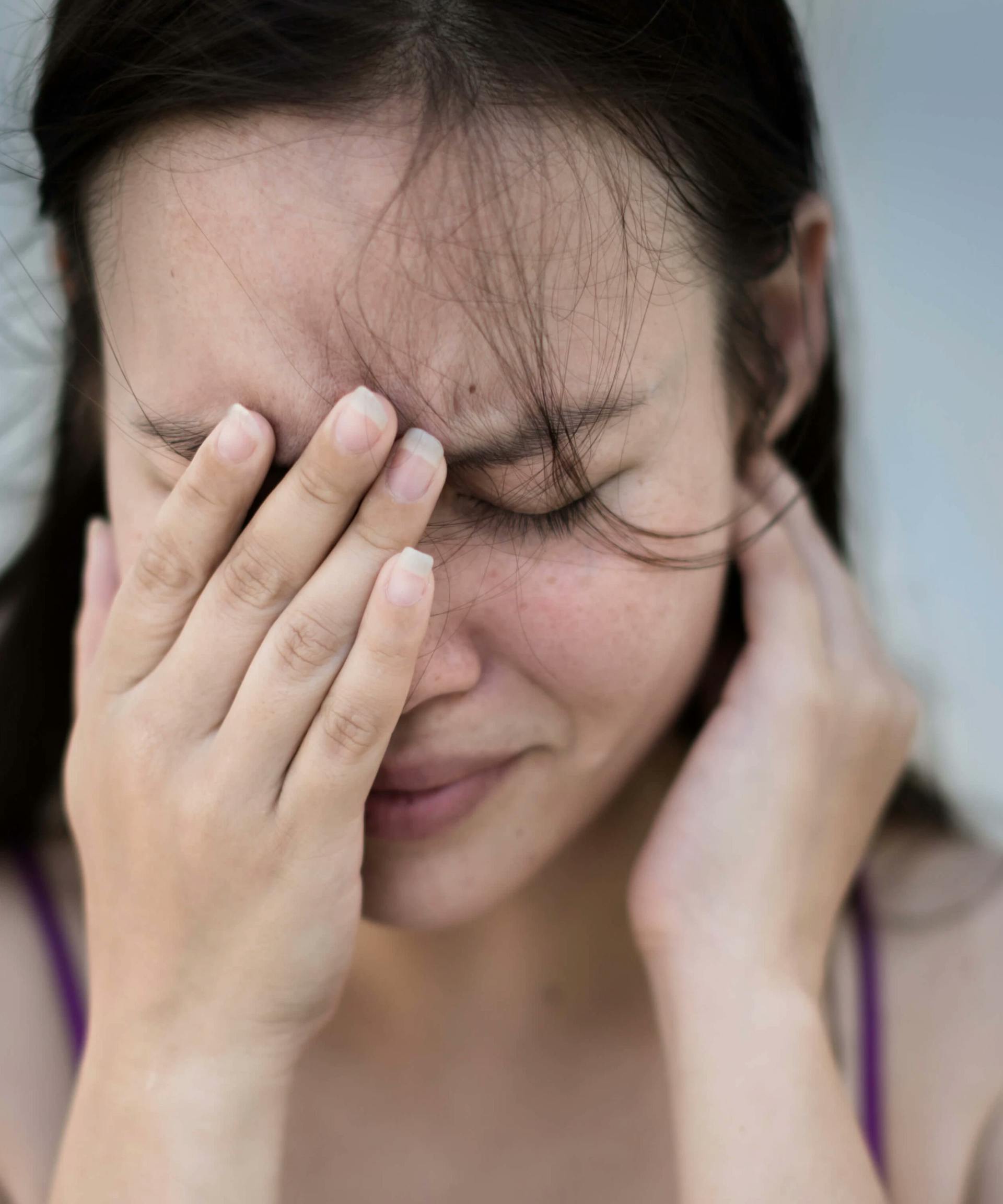Is The Trans Debate A Cause Of The Rise In Mental Health Issues In Women?
In 1913, suffragette Emily Davison threw herself under a horse in the battle to have all women acknowledged and valued as equal to their male counterparts. Yet now, more than one hundred years later, women are throwing other women under the bus simply for stating the biological fact that they are women.

Such regression, though packaged by many as “progress,” has, in my opinion, produced a side effect that is little spoken of and even less understood – a negative impact on the mental health of the young female.
The world demands so much from us – from body image to forever shifting social dynamics. But now the very essence of womanhood is being side-lined from the institutions and spaces we fought so hard to create.
A report in the Times revealed that the NHS Child and Adolescent Mental Health Services (CAMHS) in the UK has been so swamped with concerns about teenage self-harm that the service was reaching “breaking point,” with waiting times of more than two years for young people at risk of suicide to see a professional.
Is Female Identity Being Erased?
This raises the question: could the trans debate be a contributing factor in the rise of depression in girls, which experts have identified over the past few years?
With young girls already facing a mental health crisis from lockdowns and social media, a point of stability once rested on a sense of their self and independence; however, that now seems to be withering away with the “erosion of women.”
As a young woman with anxiety, my identity has been coupled with an objective sense of gender, which made me appreciate the importance of the hard-fought-for representation for women in all social strata, from business to politics.
Now, as gender becomes reduced to nothing more than a “feeling,” those important victories look as if they have been diminished, with the female sex demoralized. Why should it now matter if a biological female succeeds where a male has not?
Why care about women’s rights if anyone can usurp the role of a woman and claim to be one?
Why care if the next president is a woman? Why concern ourselves with reproductive rights which can only be experienced by one half of the gender binary, when everyone and anyone can simply usurp the role of a woman and claim to be one?
In March, Lia Thomas, a 22-year-old transgender woman, was able to compete in the NCAA swimming competition – and won. The athlete, born with the proven physical benefits of a male, was competing in the women’s division against biological women.
This created a debate which involved one side of the argument outright denying the existence of biological females and the other rejecting the idea that males should be competing in women's sports at all. The latter, of course, led to accusations of “transphobia” and bigotry.
With such confusion, life is increasing in complexity. The simple descriptors we used to identify people are being thrown away and replaced with a mishmash of an unending, ever-expanding list of pronouns and identities.
While the intention of those who promote this might be to achieve inclusivity, its actual impact is to erode the certainty of everyday life. For example, last year, British Airways dropped “ladies and gentlemen” from its announcements in favor of gender-neutral terms. Disney recently announced its parks won’t use the phrase “boys and girls” anymore either. This not only alienates girls and women, but also boys and men.
Last month, research from Steer Education showed that far too many girls are sad, anxious, and hiding their troubles from family and friends. We’ve entered into a mental health pandemic, which I have felt in my own personal struggle with anxiety.
In this ever-changing society and what is essentially the not-so-gradual “cancelling of the female identity,” could it be possible that the trans debate may be a factor in the rise in depression which experts have identified over the past few years?
Closing Thoughts
In many industries and aspects of life, women are being erased, and “woman” is becoming a dirty word; basic biology is now taboo. How that impacts women such as myself is a question I ask myself every day. If anything, it only makes me feel invisible.
For a young woman trying to understand the world, where success is sadly weighed in likes and retweets, and with conflicting pressures from glossy-mags and social media influencers telling me what a woman should be, and activists, politicians and the media saying the very opposite, my path as a woman is now ever-changing, evermore confusing – and it’s only exacerbated by the fact that even the world itself no longer knows what it is.
We want to know what you think about Evie! Take the official Evie reader survey.